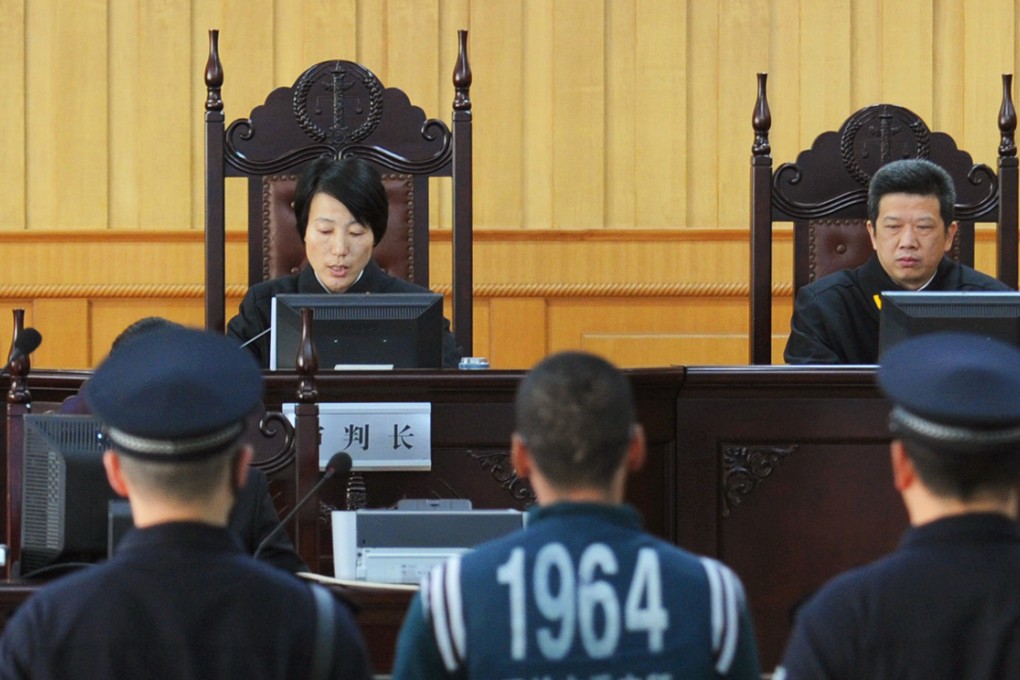Reduction in number of crimes carrying death penalty a step forward
China's progress in reducing the use of the death penalty to deter a sweeping range of crimes shows all the urgency of a funeral march. Small steps are nonetheless welcome.

China's progress in reducing the use of the death penalty to deter a sweeping range of crimes shows all the urgency of a funeral march. Small steps are nonetheless welcome. In what could be the latest, Beijing is considering removing nine more crimes from the number carrying capital punishment, cutting the list from 55 to 46. This follows decisions at the Communist Party's fourth plenum last month to broaden reforms to the legal system, and comes three years after 13 economic crimes were taken off the list.
It would not spare many lives, or put many executioners out of work, because most death penalties nowadays are imposed for offences still on the list, such as violent crimes like murder and terrorism.
Those removed include illegal fundraising, forcing a person to engage in prostitution, counterfeiting currencies, weapons and nuclear materials smuggling, and obstructing soldiers performing their duty. The removal of such non-violent crimes is more of a symbolic step, but it is to be welcomed because it brings the country closer to international standards and boosts hopes that a long-term decline in the use of capital punishment will continue.
According to human rights groups, China put 2,400 people to death last year, more than the rest of the world put together but a fraction of the 12,000 believed executed in 2002.
Leaving aside arguments about crime and punishment and the deterrent effect of the death penalty, there are good reasons for China to reflect on it at a time when its leaders have approved reforms to strengthen the rule of law. One is that the liberal use of it raises the possibility of executing prisoners wrongfully convicted by courts that rarely find anyone innocent. It is far from unheard of on the mainland for others to later confess to the crime or for a supposed murder victim to be later found alive. Another reason is the link to non-consensual harvesting of organs for transplant, which does nothing for China's modern image.